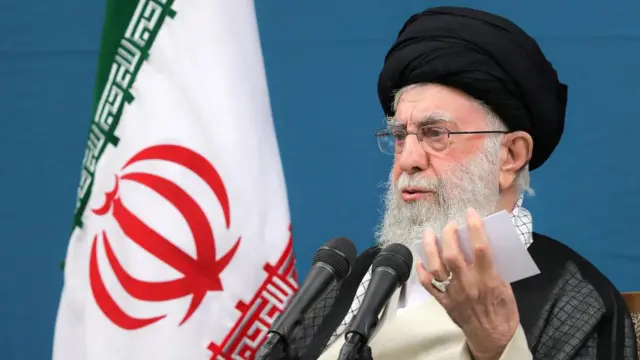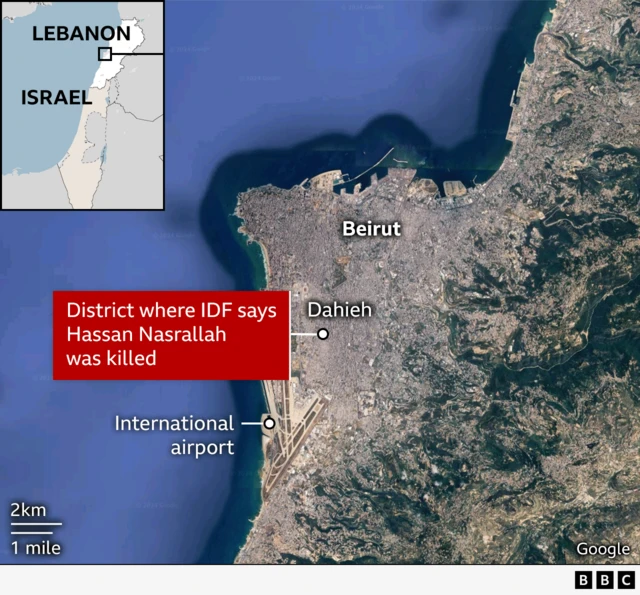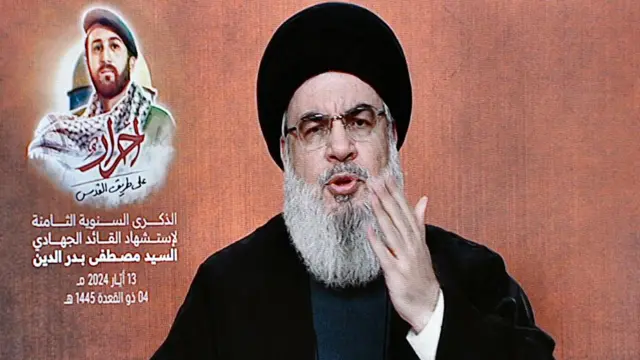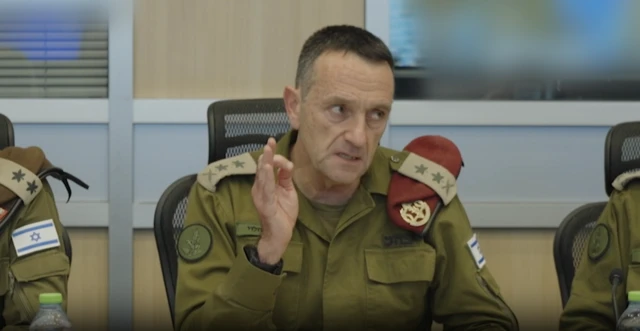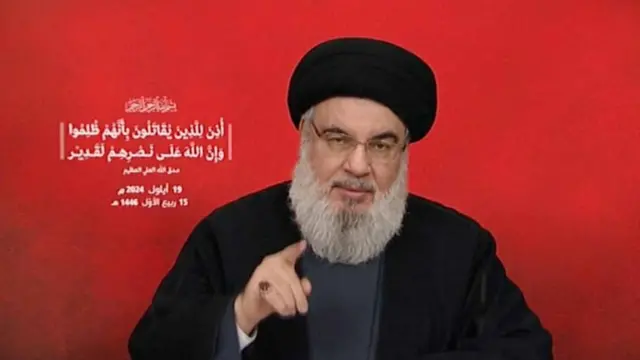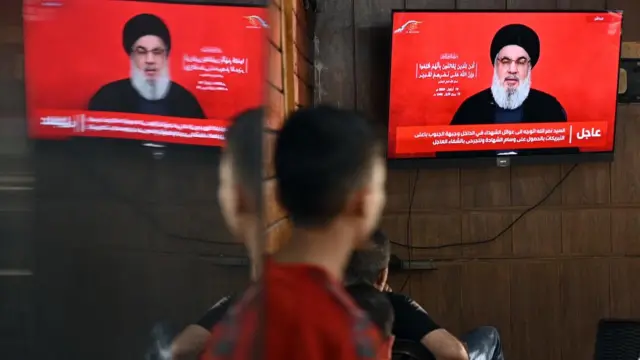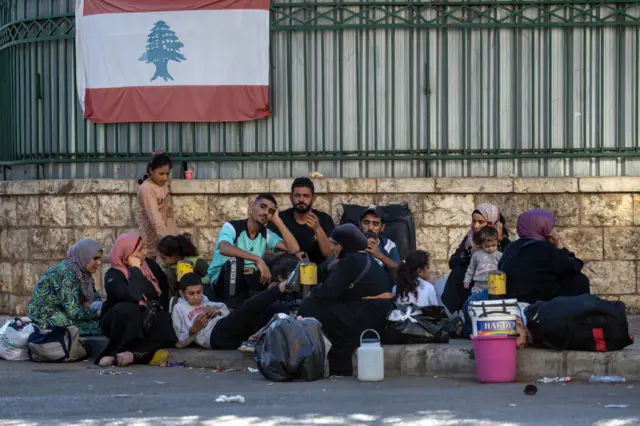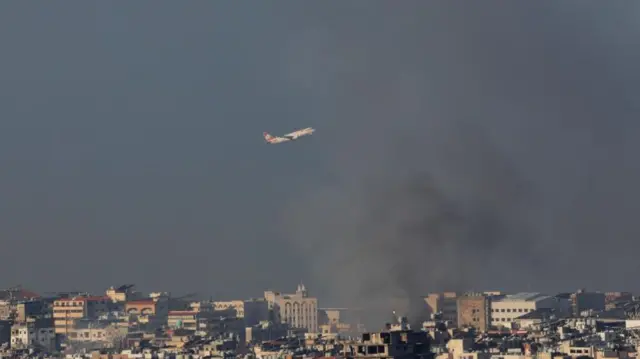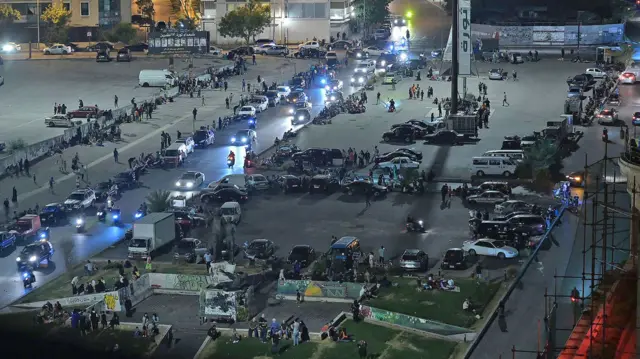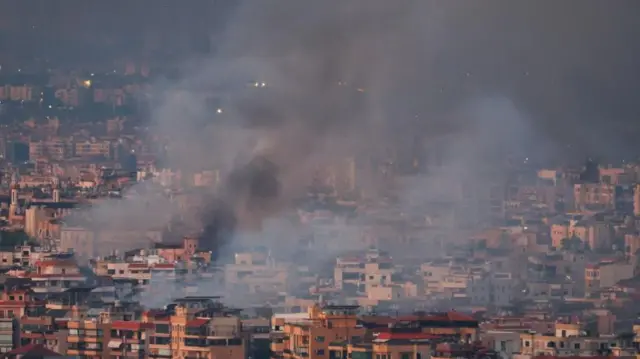Iranian aircraft told not to enter Lebanese airspace - reportspublished at 12:08 BST 28 September 2024
Lebanon's transport ministry has told an Iranian aircraft not to enter its airspace after Israel warned air traffic control in Beirut that it would use "force" if the plane landed, according to Reuters news agency.
The ministry source said it was not clear what was on the plane.
"The priority is people's lives," the source added.
- For context: This warning comes after the Israeli military said it had killed Hassan Nasrallah, the leader of Hezbollah. The group has received strong backing from Iran, both financially and militarily, for many years and is allied with Hamas, which is part of Iran's so-called "Axis of Resistance".


